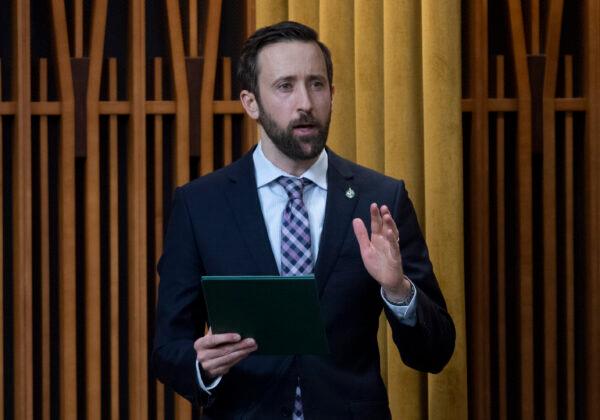With the ongoing crisis due to the COVID-19 pandemic causing a scarcity of some items, price-gouging has become an issue, prompting Ontario Premier Doug Ford to enact new legislation, particularly to protect essential goods like face masks, hand sanitizer, and disinfectant wipes.
In reaction to a Toronto store charging $29.99 for Lysol wipes, Ford “declared war” on price-gougers by enacting an emergency order that would impose such penalties as a $100,000 fine and a year in jail, while corporations convicted for price gouging could be fined up to $10 million.





